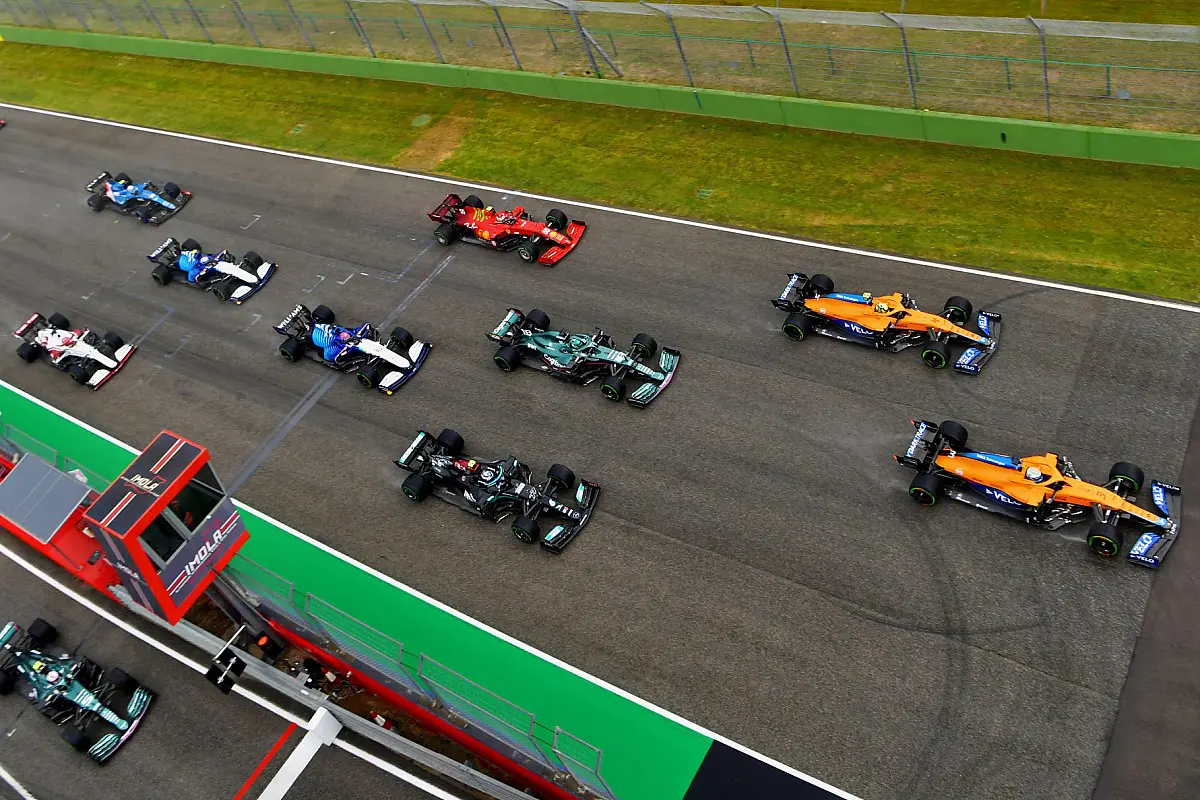
Toto Wolff, Mercedes’ CEO, believes the current sprint qualifying structure does not properly balance risk and reward.
Formula One announced a new race weekend structure for 2021, which will be trialled at three rounds of the season, with a 100-kilometer sprint race replacing traditional Saturday qualifying.
On these weekends, the usual Q1, Q2, and Q3 method is used to determine the sprint qualifying grid, but on Friday instead.
The grid for the main grand prix on Sunday is determined by the results of sprint qualifying.
In sprint qualifying, the P1 finisher receives three points, P2 receives two points, and P3 receives one point.
So Wolff does not believe that those points justify taking huge risks in sprint qualifying, because the penalty is a poor starting position, which will severely endanger a driver’s race.
Indeed, the absence of overtaking opportunities during the second sprint qualifying session at Monza was criticized.


“The weekends with the sprint race undoubtedly have an advantage on the commercial front since Friday becomes a more intense day thanks to qualifying, Saturday we have a race and Sunday the Grand Prix,” Wolff said.
“But I’m not a big fan of the sprint race as it is now on Saturday, there is little to gain and a lot to risk, because the score is very low and you certainly do not want to find yourself at the bottom of the grid on Sunday.”

If sprint qualifying is to continue, Wolff believes that either the quantity of points available or the length of the race should be reconsidered.
“Perhaps the system of awarding points, or the length of the race, should be reviewed,” he suggested.
“If in the end what counts is the start, we can only do two laps…”.
Sprint qualifying might become more common beginning in 2022, with as many as eight stagings possible, according to Formula One CEO Stefano Domenicali.
The uniforms of Formula One racing drivers are currently available at the following websites for a reasonable price:


